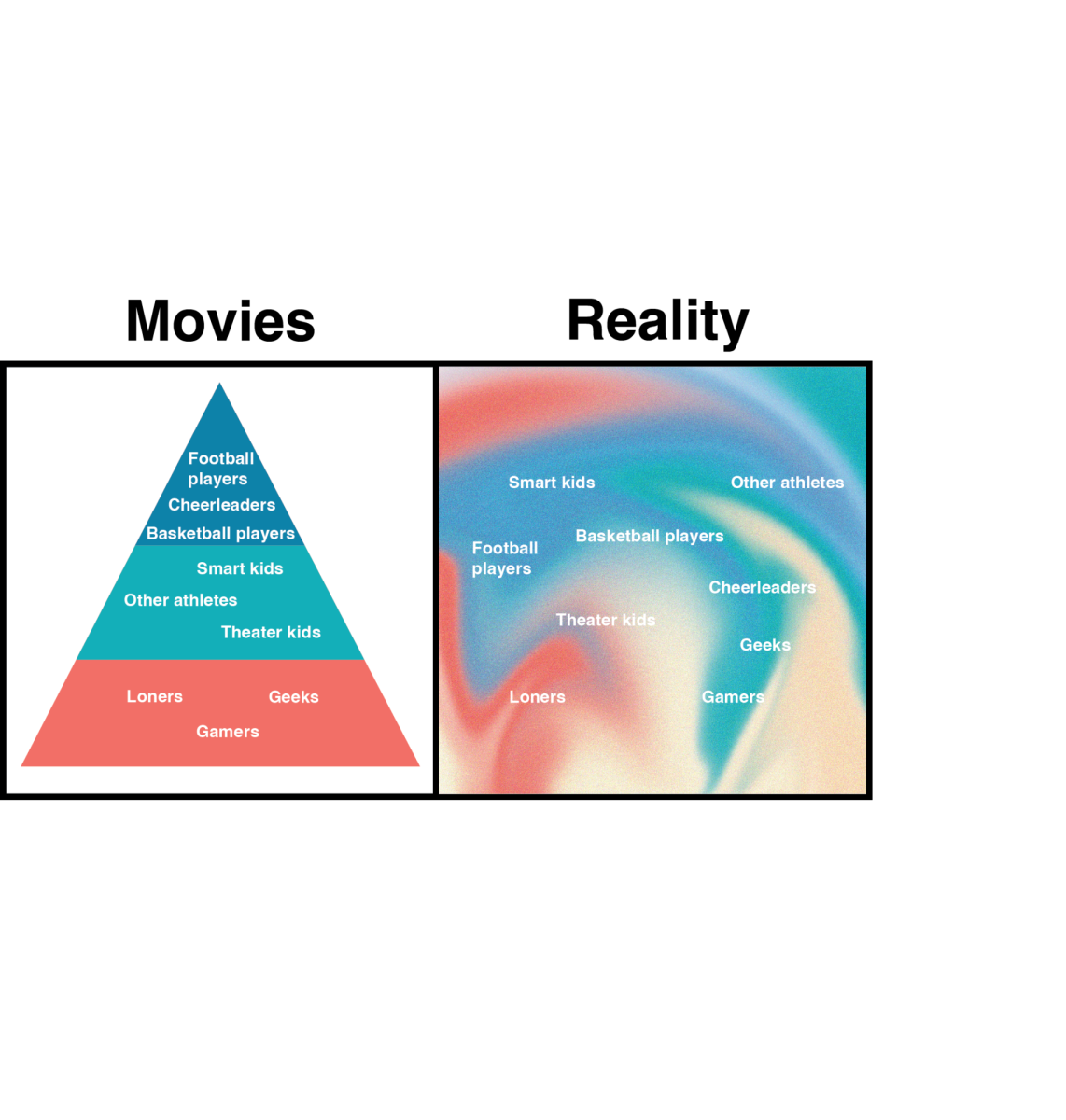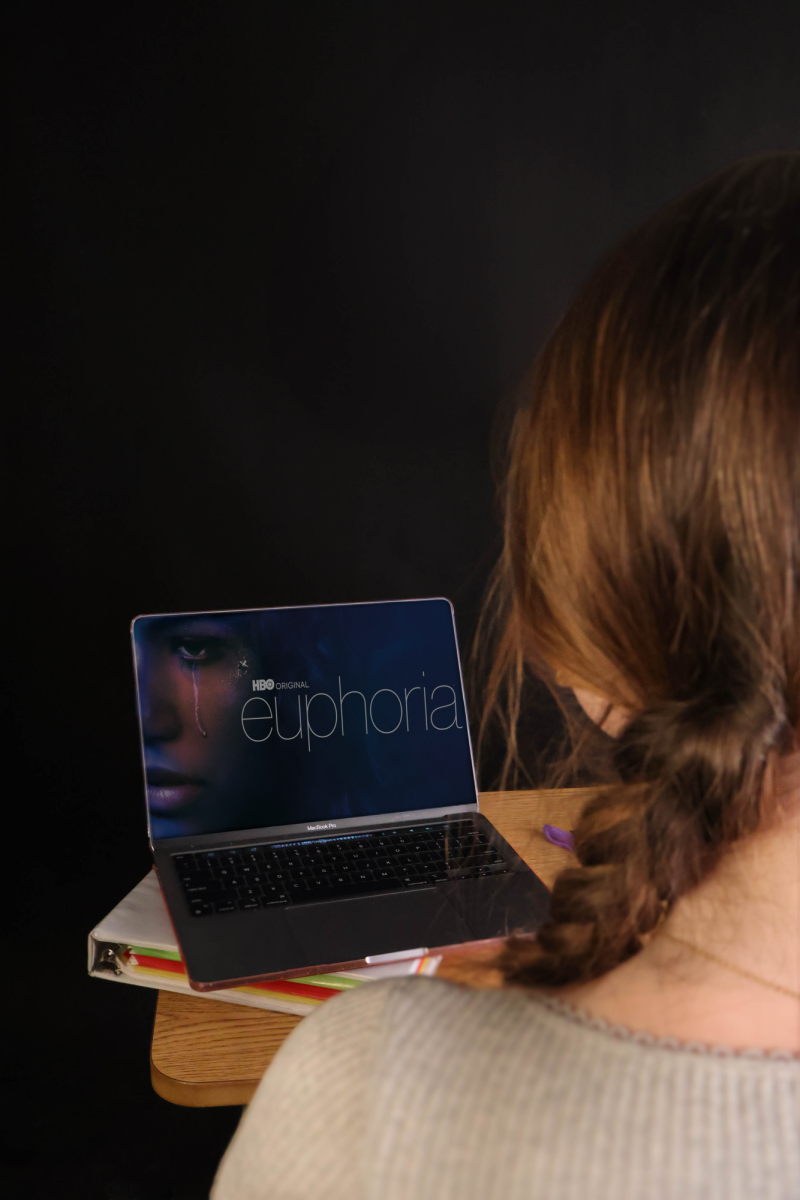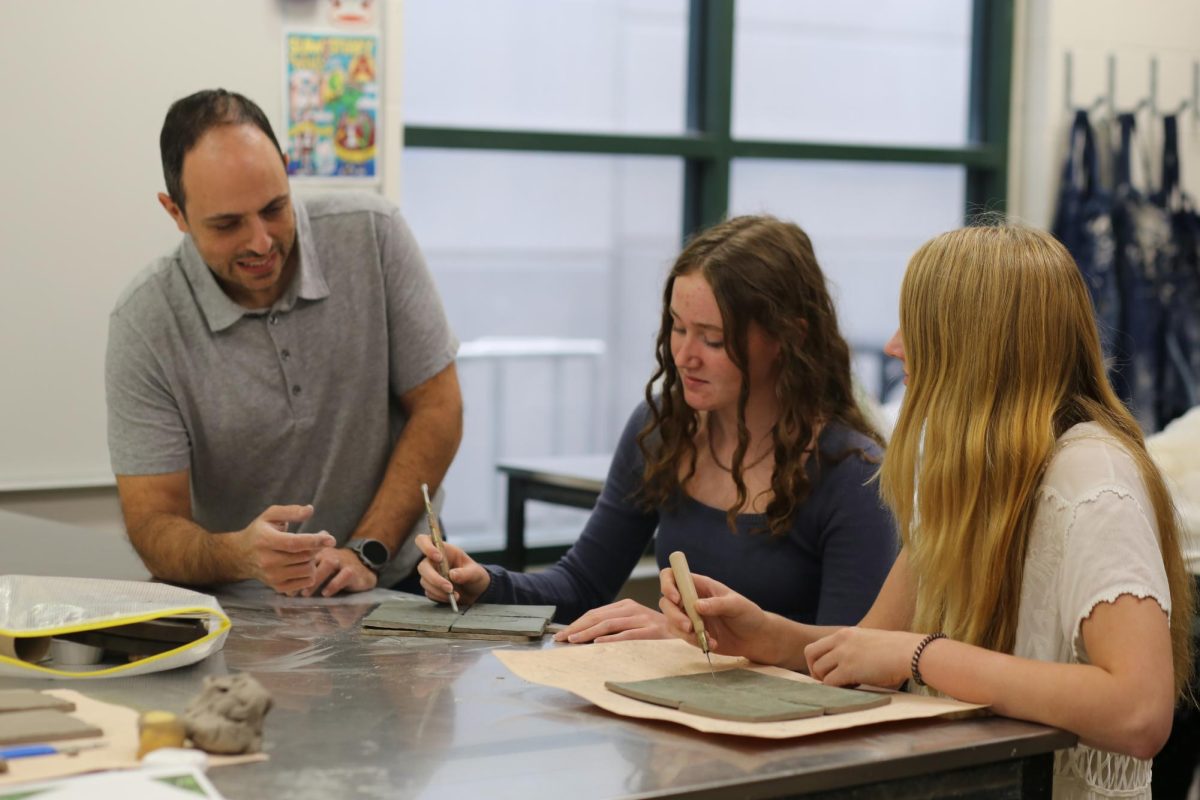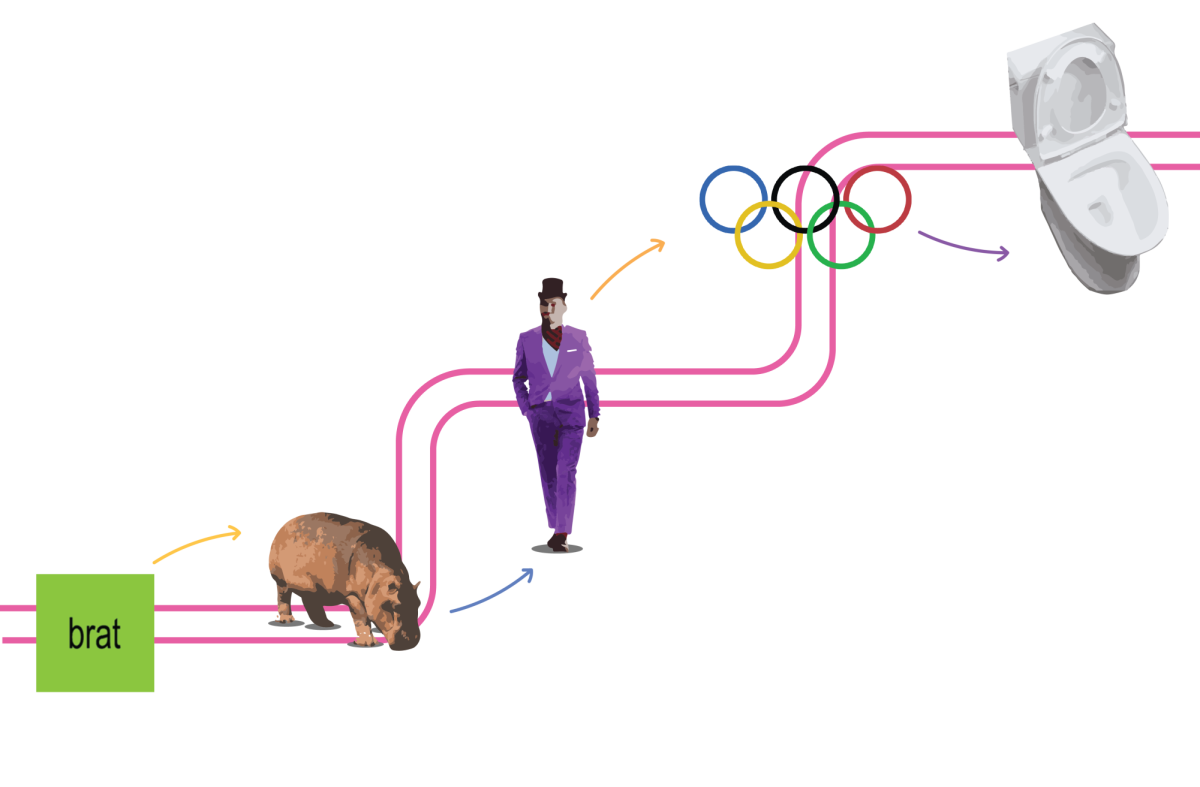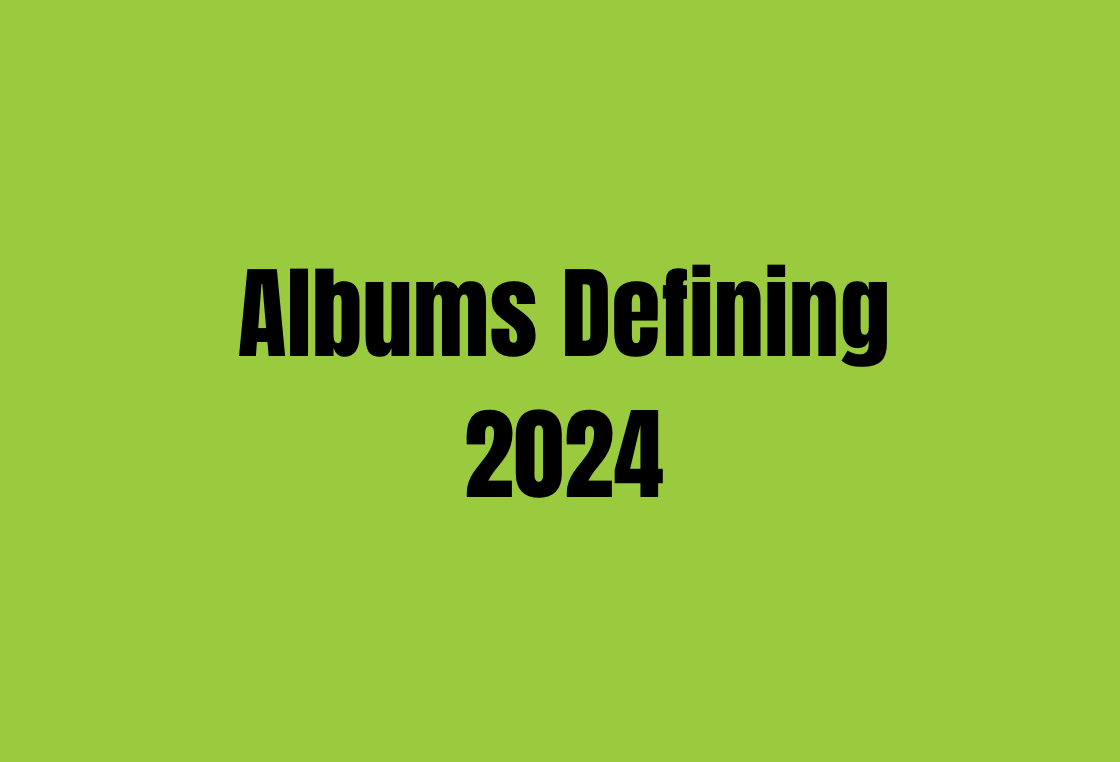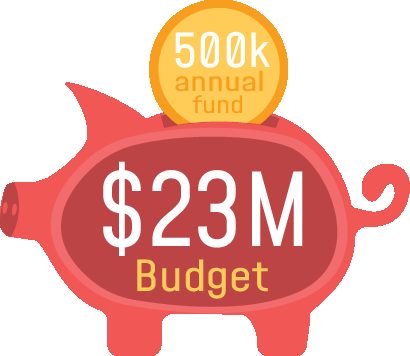
$23 per academic class. $142 per day. $25,000 per year. Over $175,000 for a full 7-year Trinity education. Despite the cost, the families of some 850 students a year decide this cost is worth it, instead of going to a free public school down the road.
Florida is ranked 43rd in the country for public education spending and funds, spending only about $9,600 for every public school student per year. According to Head of school Byron Lawson, on average, Trinity spends around $29,000 per student.
At Trinity, tuition money goes towards maintaining the campus, facilities, teacher’s salaries and benefits and insurance. The annual fund also plays a role in contributing to students’ education.
“We have approximately a $23 million budget, I think our annual fund on average has been about $500,000.” Head of School Byron Lawson said, “Tuition is generating the overwhelming bulk of meeting all the costs of the school year.”
These funds give teachers a chance to help students grow and learn. Several different teachers said that going to Trinity gives students a dynamic learning experience that will help them get the most out of their education. It gives more room for teachers to be closer and understand the individual needs of their students.
Several teachers who came to Trinity after working at public schools said that the education style at public school is quite different from what it is at a private institution, especially in terms of the environment and depth of learning.
“I think the approach [of a private school] is a lot more balanced,” social science teacher Robin Grenz said. “It’s a more holistic approach to a student’s life. It’s not just what you’re doing in the classroom, it’s what you’re doing out on the field. It’s your advisory, it’s people connecting with you.”
Trinity parent Anouska Morritt-Johnson, who has children at both public and private schools said the private school environment affords parents a much more personal approach to education.
“There is an emphasis on building character, learning public speaking and very importantly, learning manners,” Morritt-Johnson said. “ I chose to put [my kids] into a private school environment where classrooms offer a more creative learning structure, the teachers are not stressed out or overwhelmed by the fact that their classroom test scores will affect their salaries, and where the children can gain a strong educational foundation.”
Morritt- Johnson said it was also the development of her children outside of the classroom, like sports teams and clubs at the school that affected her choice to send her children to Trinity.
“I’ve experienced the most organized and highly efficient staff.” Morritt-Johnson said. “The teachers whom I have had the pleasure of meeting or speaking with, show the utmost regard for not just my child, but all of their students. It’s an environment that feels strikingly thorough in every aspect.”
According to English teacher Hannah Parker, who used to teach at Lyman High School, public school teachers spend most of their time preparing their students for the Florida Standards Assessments. The FSA is a standardized test that measures Florida students’ progress with the curriculum set by the state. Instead of preparing students for the test, Parker said at Trinity she has the freedom to put energy into creating a more in depth, one on one learning experience.
“I think here it’s more about the learning process, which is a skill in and of itself, rather than learning to take a test,” Parker said. “The learning that happens here is much more valuable, more deep, because we’re able to take it slow, do what we need to do specifically for the kids.”
Math teacher Shannon Bergman has experienced the contrast of public and private as both a teacher and a parent.
“I have two children that are both out of high school,” Bergman said. “One graduated from a public school, one from here. And the experiences were vastly different. Academically, I can say my son was much more prepared from the beginning of the college process here, through starting college.”
According to Lawson, the goal is to make sure that students are as prepared as possible for life outside of high school. He said that the students at Trinity have a lot more knowledge and skills built in place to thrive in a college setting.
“The main goal and overall value of a Trinity education is that it will develop students into the person that they want to be in the future,” Lawson said. “The overwhelming benefit of the Trinity education in objective terms is that it’s about tomorrow.”




